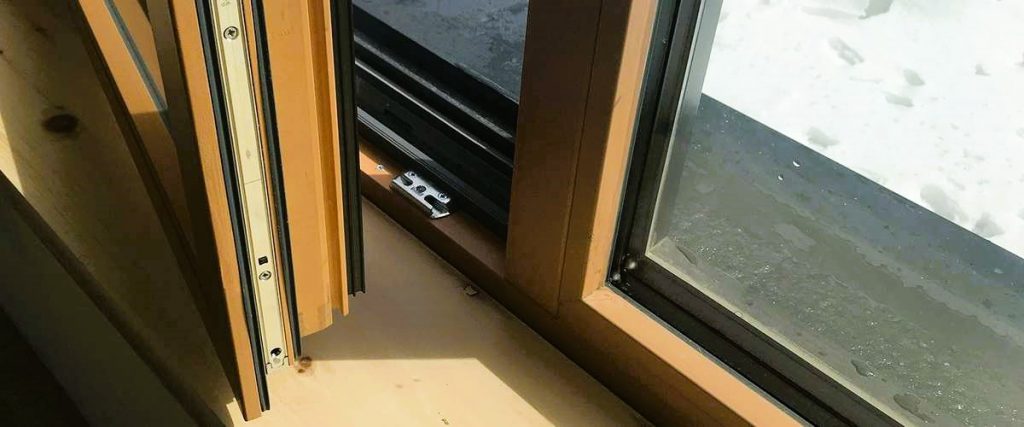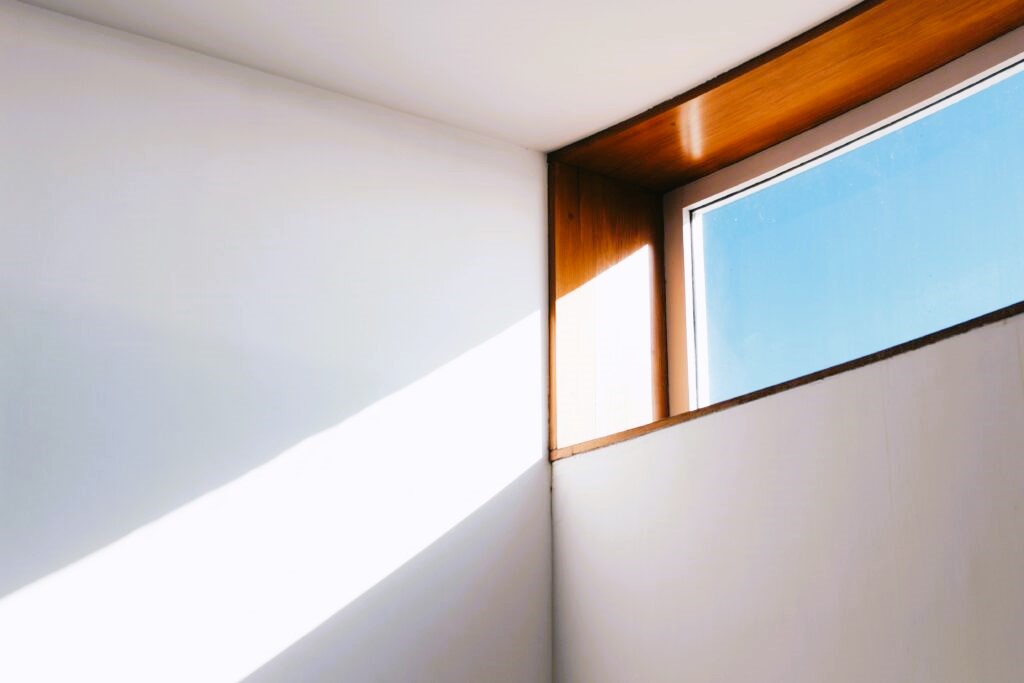When it comes to choosing new windows for your home, one of the most important decisions you’ll make is the type of glass units to use. Two of the most common options are single-chamber and double-chamber glass units, each with their own advantages and disadvantages. In this article, we’ll explore the differences between these two types of glass units and which one is best to choose for different operating conditions.
Single-Chamber Glass Units
Single-chamber glass units are made with a single pane of glass and a sealed airspace between the glass and the frame. These windows are typically less expensive than double-chamber units and are suitable for mild climates with relatively small temperature variations.
Advantages of Single-Chamber Glass Units:
- Lower cost: Single-chamber glass units are typically less expensive than double-chamber units, making them a more cost-effective option for homeowners on a budget.
- Good for mild climates: Single-chamber glass units are well-suited for mild climates with relatively small temperature variations.

Disadvantages of Single-Chamber Glass Units:
- Poor insulation: Single-chamber glass units provide less insulation than double-chamber units and are more prone to air leakage and condensation.
- Poor noise reduction: Single-chamber glass units are less effective at reducing outside noise than double-chamber units.
- Poor energy efficiency: Single-chamber glass units are less energy-efficient than double-chamber units, which can result in higher heating and cooling costs.
Double-Chamber Glass Units
Double-chamber glass units, also known as double-glazed windows, are made with two panes of glass and a sealed airspace between them. This airspace is filled with insulating gas, such as argon or krypton, to provide additional insulation and prevent air leakage.
Advantages of Double-Chamber Glass Units:
- Improved insulation: Double-chamber glass units provide significantly better insulation than single-chamber units, reducing air leakage and improving energy efficiency.
- Better noise reduction: Double-chamber glass units are more effective at reducing outside noise than single-chamber units.
- Improved energy efficiency: Double-chamber glass units are more energy-efficient than single-chamber units, which can result in lower heating and cooling costs.
Disadvantages of Double-Chamber Glass Units:
- Higher cost: Double-chamber glass units are typically more expensive than single-chamber units, which can make them a less budget-friendly option.
- Not suitable for all climates: Double-chamber glass units may not be suitable for extremely cold climates, as they can be prone to condensation and ice buildup.
Which Type of Glass Unit is Best to Choose for Different Operating Conditions?

The best type of glass unit to choose for your home depends on a variety of factors, including climate, budget, and personal preferences. Single-chamber glass units are well-suited for mild climates with relatively small temperature variations, while double-chamber glass units are more effective at providing insulation and energy efficiency in colder climates.
If you live in an area with extreme temperature variations, such as very hot summers and very cold winters, double-chamber glass units may be the best choice. They provide better insulation and can help to keep your home comfortable and energy-efficient year-round. However, if you live in a mild climate and are looking for a more budget-friendly option, single-chamber glass units may be a better choice. Read also about plastic windows as home insulation.
In addition to the type of glass unit, it’s also important to consider other factors when choosing new windows, such as frame material, style, and installation quality. By taking the time to research and choose the right windows for your home, you can enjoy improved comfort, energy efficiency, and aesthetics for many years to come.

